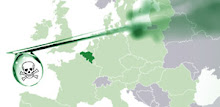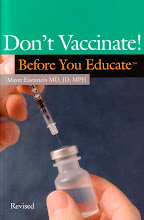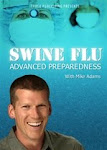 According to a recent study, as many as 77 percent of all Americans may be deficient in the vitamin essential for bone health and which may prevent H1N1 (Swine Flu) and seasonal flu, wheezing, winter-related eczema, upper respiratory infections and may help prevent cancer, autoimmune diseases such as multiple sclerosis, Type 1 diabetes, certain infectious diseases, myocardial infarctions – heart attacks – and many other serious diseases.
According to a recent study, as many as 77 percent of all Americans may be deficient in the vitamin essential for bone health and which may prevent H1N1 (Swine Flu) and seasonal flu, wheezing, winter-related eczema, upper respiratory infections and may help prevent cancer, autoimmune diseases such as multiple sclerosis, Type 1 diabetes, certain infectious diseases, myocardial infarctions – heart attacks – and many other serious diseases.When subgroups of the population are considered, depending on which of the many reasonable definitions of deficiency are accepted, the picture is even more ominous. For example, an important new study from Children’s Hospital in Boston found that as many as 80 percent of Hispanic children and 92 percent of black children, what the study calls non-Hispanic black children, may also be deficient in this vitamin.
We’re talking about vitamin D, also called the sunshine vitamin and often considered the nutrient of the year, if not the decade. Its power as a determinant of human health can be captured by what happens when someone is D deficient. They are at risk for what is called rickets in children and osteomalacia in adults.
In its most extreme form, the bones soften and almost melt, making them so fragile that the simple act of walking up steps may cause bones to fracture and slight movement may cause excruciating pain. In its most severe form, a blood test for vitamin D may show zero. Dr. Fred Kaplan, an eminent orthopedic surgeon at the Hospital of the University of Pennsylvania, whose patient had zero D, said this is rare even in Third World countries...













.bmp)
No comments:
Post a Comment